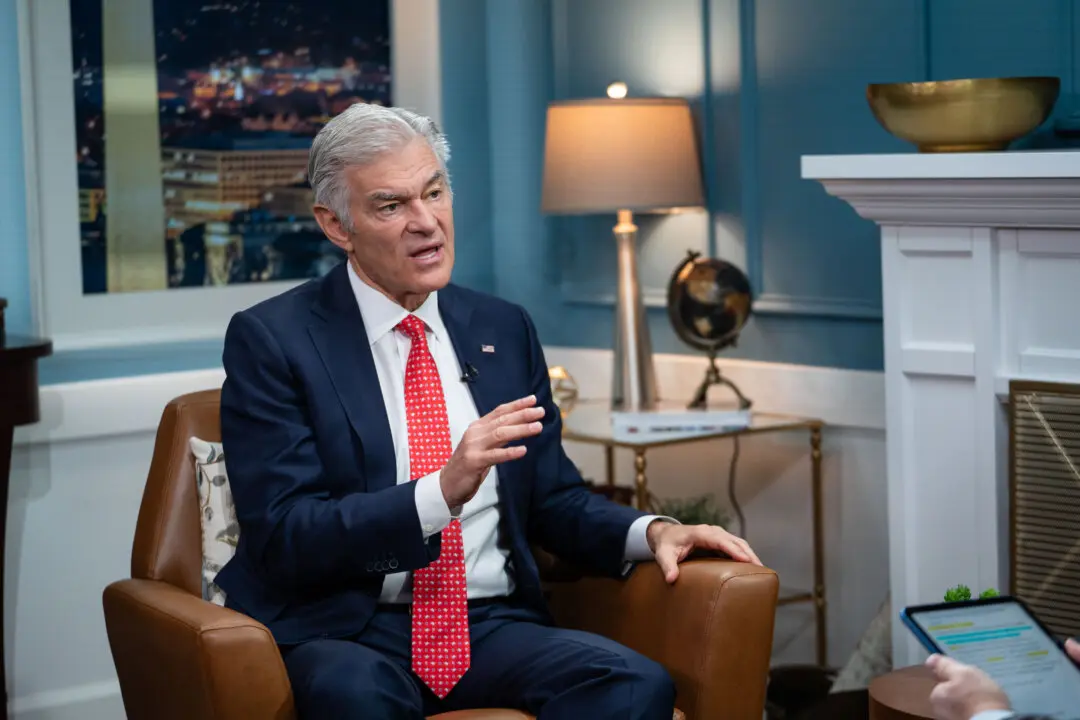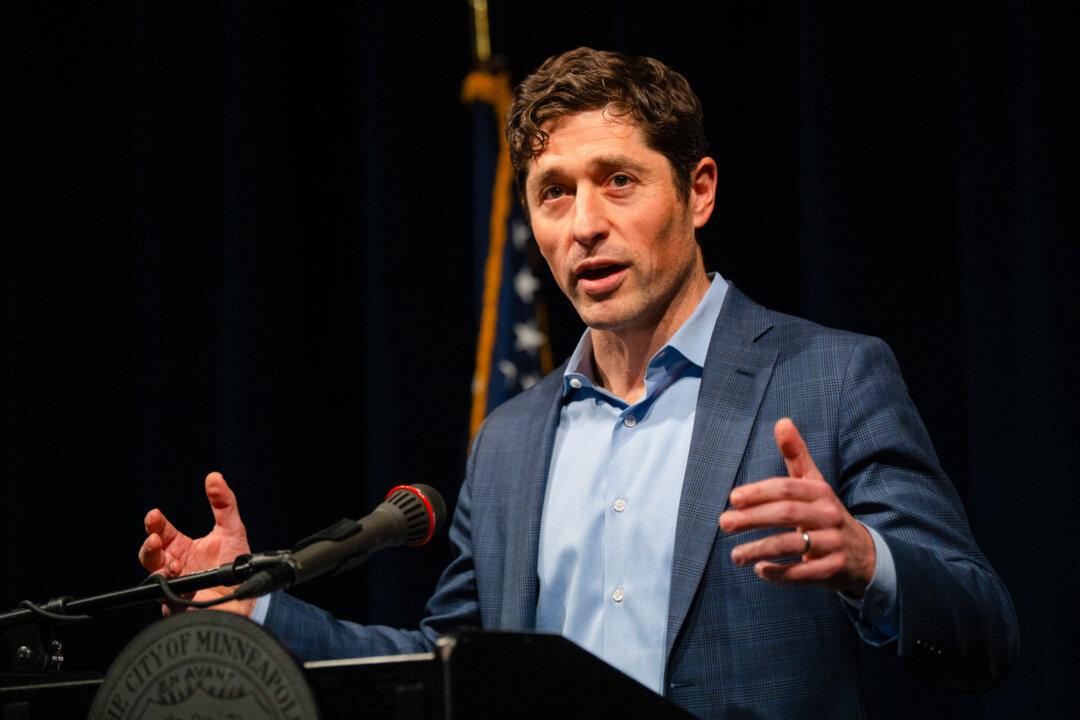In a closed-door session on May 12, Rep. Jim Jordan (R-Ohio) and the House Judiciary Committee will grill prosecutor-turned-author Mark Pomerantz about the New York criminal probe of former President Donald Trump.
Much of what Pomerantz is likely to say is already laid out in a 287-page exposé he published earlier this year. But unknowns include what action Jordan’s committee might take afterward—and what ethical or legal ramifications Pomerantz himself might face.





